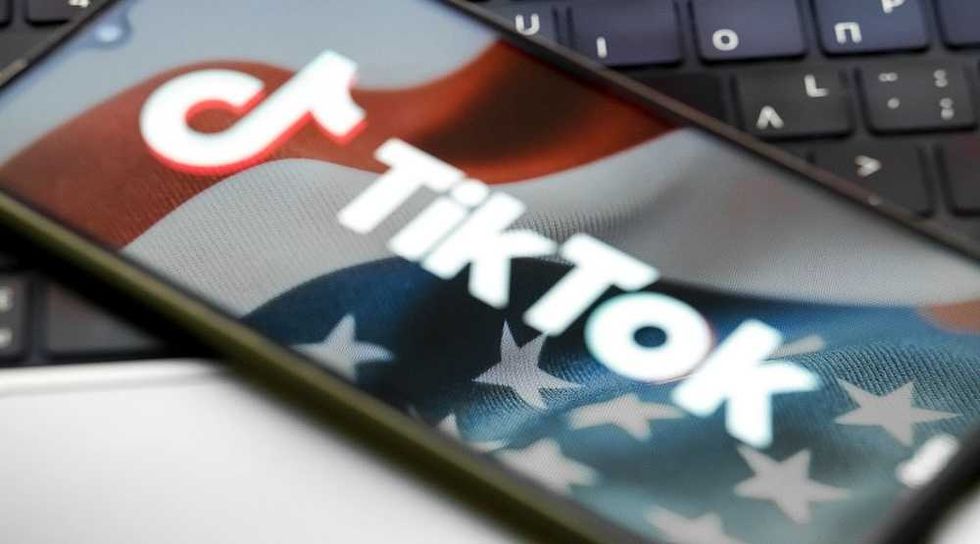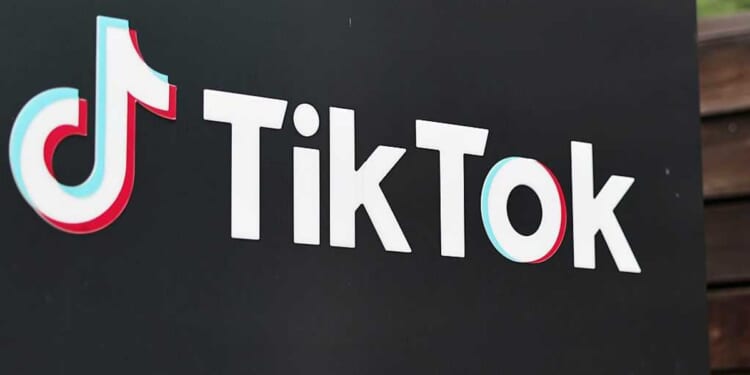President Donald Trump and his team deserve considerable credit for the skillful way they gained control of TikTok, the video-sharing app that has become one of America’s main sources of news.
The deal could have gone down badly. Critics could have called it “proto-socialism,” especially after the government’s recent purchase of a 10% stake in Intel and its “golden share” of U.S. Steel. Moreover, the same bureaucrats who can’t run the IRS and the post office without getting egg on their faces probably aren’t equipped to run a $30 trillion annual economy either.
Every embedded Chinese system carries a national security risk. Each piece of foreign tech installed in American supply chains is another listening device, another lever of control.
However, most otherwise critical observers gave this deal a pass because the change in TikTok’s control wasn’t about market meddling; it was about national security.
Digital espionage
Despite the platform’s American majority of investors, TikTok still posed a significant national security threat. China’s tactic of using electronics for espionage purposes is well-documented. The targets of this espionage go beyond China’s enemies to friends, neighbors, and competitors alike — including the U.S. government. Technologists working on Beijing’s behalf have hacked their way through secure U.S. government systems for at least a decade, if not longer.
In that vein, TikTok’s role in Beijing’s espionage apparatus is clear. Its nearly ubiquitous presence on smartphones presents Beijing with tantalizing opportunities: a nearly endless network through which viruses can spread, or a means of obtaining private data from a global consumer base. But turning TikTok over to American management doesn’t solve the problem — not by a long shot.
The Chinese telecommunications industry is not like “Ma Bell.” It operates as an adjunct of state security forces, sometimes gathering and reporting requested data back to Beijing. The British press has reported extensively on how Huawei was doing just that: leaving secret back doors open in its equipment that the People’s Liberation Army could walk through anytime it wanted.
Spying through shopping
Huawei isn’t the only offender. A lesser-known firm called Hanshow supplies “smart electronic shelf labels” to supermarkets, a price and inventory control tool that provides Beijing with data about what Americans are buying and in real time, wherever it’s installed.
In the midst of a trade war — with America overly dependent on China for essential consumer goods and medical supplies — that information could be used against us. It’s not just marketplace ephemera; it’s a road map to identify choke points of a major competitor that could disrupt our daily patterns of life.
RELATED: TikTok is finally coming home

That’s only one of the products Hanshow sells. It also offers AI-powered cameras, inventory robots, and smart shopping carts, which are all tied to a proprietary IT platform called All-Star. These products together provide the company and its associates in the Chinese security services with an entry point into supermarket IT networks, from point-of-sale systems to vendor portals.
Like Huawei, Hanshow is backed by investors tied to the regime and is legally bound to cooperate with the Chinese military. Its footprint is expanding, with its technology and systems used in some capacity by major customers in the American marketplace, including Instacart, Kroger, and Walmart. By some estimates, tens of millions of American shoppers have already transmitted critical financial and personal data through portals linked to Hanshow devices. By 2025, it could be more than 150 million.
The Chinese digital Cerberus
Every embedded Chinese system carries a national security risk. Each piece of foreign tech installed in American supply chains is another listening device, another lever of control. The Chinese Communist Party has a head start, and Washington cannot afford to keep looking the other way.
Trump’s TikTok deal was the right move. But the broader fight isn’t about one app. It’s about defending American data and protecting national security. The United States needs a comprehensive response to China’s technological infiltration — starting yesterday.

















